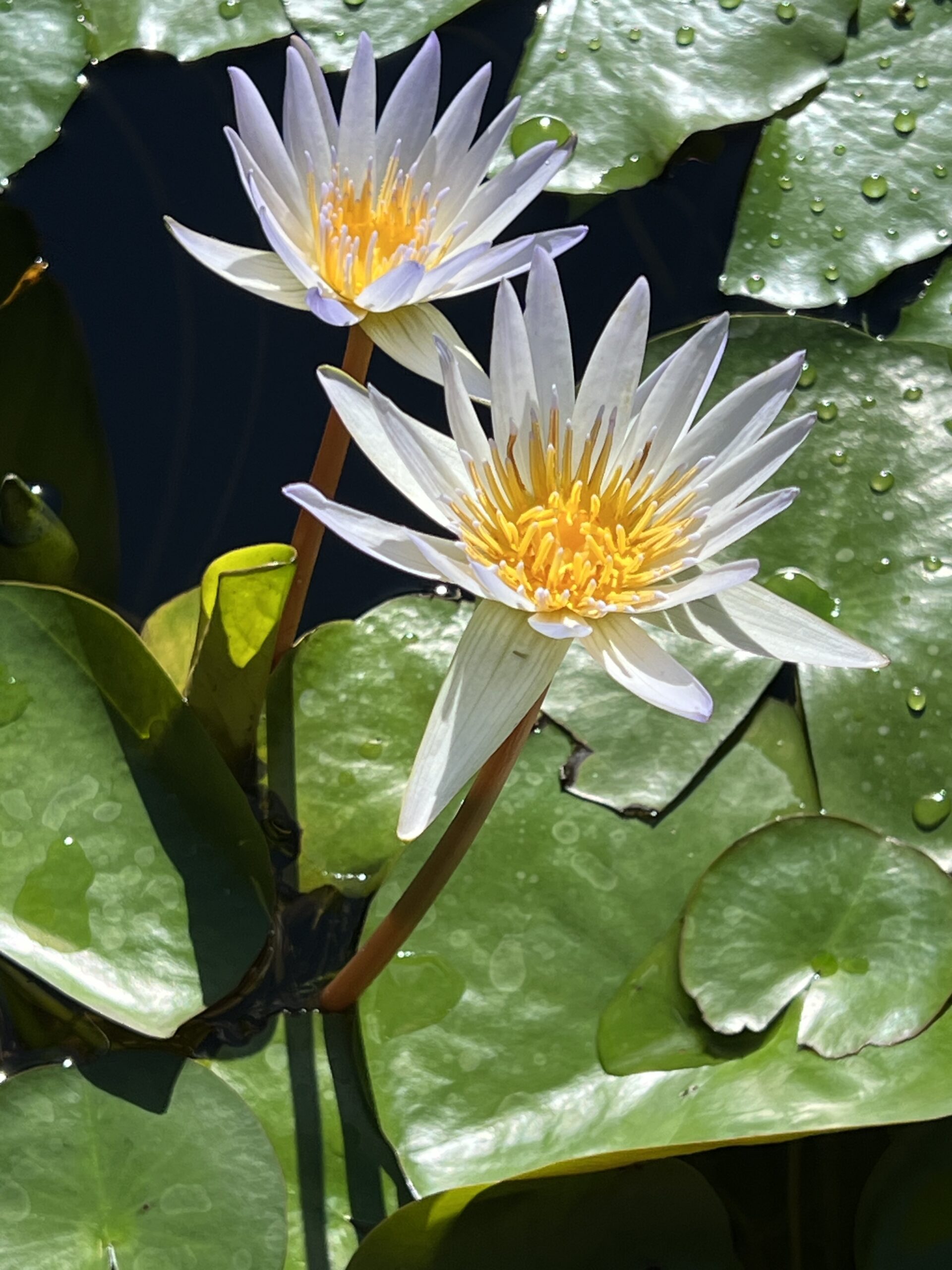“Follow your bliss and the Universe will open doors where there were only walls.” (Joseph Campbell)
It’s a beautiful, misty morning in Whistler. The deck is damp and glistening with the rain. The maple tree, only recently aglow with brilliant yellow leaves, is now etched, dark and spidery against the shifting gray skies. Occasionally the clouds part and reveal the snow-coated peaks of Armchair Glacier looming across the valley where, not long ago, I would paddle on the glassy-calm waters of Green Lake. With each rain in the valley, the snows creep lower and lower down the mountain. I remember the barely-containable excitement I felt as a teen in years when the snows came before Remembrance Day, and I’d head eagerly up to Jasper or Banff to scrape my way down the half-white, half-grass-brown mountain. That’s as close an example as I can find of following my bliss. Hmmmmm. That was also several decades ago.
What does following my bliss mean, or look like, in my seventies? I know what it doesn’t look like. Despite the appeal of Campbell’s one-liner, it plays into a pattern that is all-too-prevalent in today’s burgeoning self-help industry. The notion that catchy phrases like “Follow your own star”, and “Existence wants you to be you” etc. are the guiding lights of one’s life can lead to more confusion than clarity. Meaning, I am not the only one who is seeking purpose and meaning, who is questioning the status quo and wanting to go beyond pat prescriptions for happiness.
Another obstacle to discerning what gives my life meaning and purpose, and making my unique contribution to the world is what Eric Maisel calls “automatic thinking”. By automatic thoughts I mean words and phrases that come to mind unbidden and unrecognized. Opinions and biases that have been conditioned into my psyche before I had the power to discern their validity. These become unconscious rules to live by, and because they were imprinted from birth, become both the manual for my survival, and the dictums of my self-worth.
Because of their unconscious nature, these automatic thoughts can quash innovative ideas that percolate up from my creative lifestream before they reach my conscious, reasoning faculties. Instead they get stomped on by an over-riding, self-protective personality aspect whose purpose it is to keep me safe, boxed-in by the status quo.
How to keep these automatic thoughts from interrupting my intuitive, imaginative inner processes? I picture a cordon of “keep off the grass” signs that protect the new green shoots from wayward footsteps that might squash their progress.
I see my reflection time as that cordoned-off space in which I let my creativity run freely. And my journal serves as an easy receptacle for these ideas. Unconstrained by must-do lists and other practicalities, one can — for a time — imagine solutions and outcomes that may at first seem like escapes from reality. A graphic example of squashing my own creativity comes in the form of a mental commentator who says, “Surely you’re not going to use this topic and these thoughts for your next-to-last blog!” But experience has taught me to “hear the inner naysayer and do it anyway”.
The inner naysayer is like an old governess who wants me to toe the line of the ruling tribe. To step out of familiar, conditioned patterns of thought and behavior takes a major leap of faith. I have to trust that my education, experience, and — equally important — my sincerity have earned me the right to share my ideas with other people who may well be dealing with the same cares and concerns, or hopes and dreams. And by other people, I mean you, my loyal reader.
By this train of thought I arrive at the answer to what “following my bliss” means in my seventies. It means creating opportunities for open and honest communication. Not always profound thoughts on the meaning of life, but always a two-way stream of empathy, mutual respect and shared humanity.
It means honouring a gentle passion that has been burning, like a low but steady flame, throughout my decades of study and training. It’s simply this: I want to know what makes me tick, what makes you tick, and how, between us, we can advance our self-awareness and understanding. Build character and stamina to meet life’s challenges head-on. Not so much to become “better” people in a comparative or hierarchical sense, but better at navigating the many shifts and changes that occur over time with what transpersonal psychologist Ken Wilber calls “grace and grit”. The grace to accept the indignities of aging (such as my embarrassing episode of vomiting on the street) with a degree of equanimity; and the grit to make our lives matter, not in spite of but because of our decades of tenure on the planet.
I have tremendous respect for — and some envy towards — the youth of today. And awe at the vast array of anti-aging interventions and ameliorations now available. But I can’t help thinking I have a larger purpose than turning back the clock with lasers and Botox. Not that there’s anything wrong with that!
Instead, I gravitate to “Tawanda’s” reply to the taunt: “Face it lady, we’re younger and faster!” in the film Fried Green Tomatoes:
“Face it girls, I’m older, and I have more insurance.”
